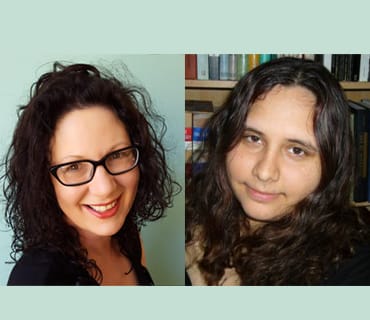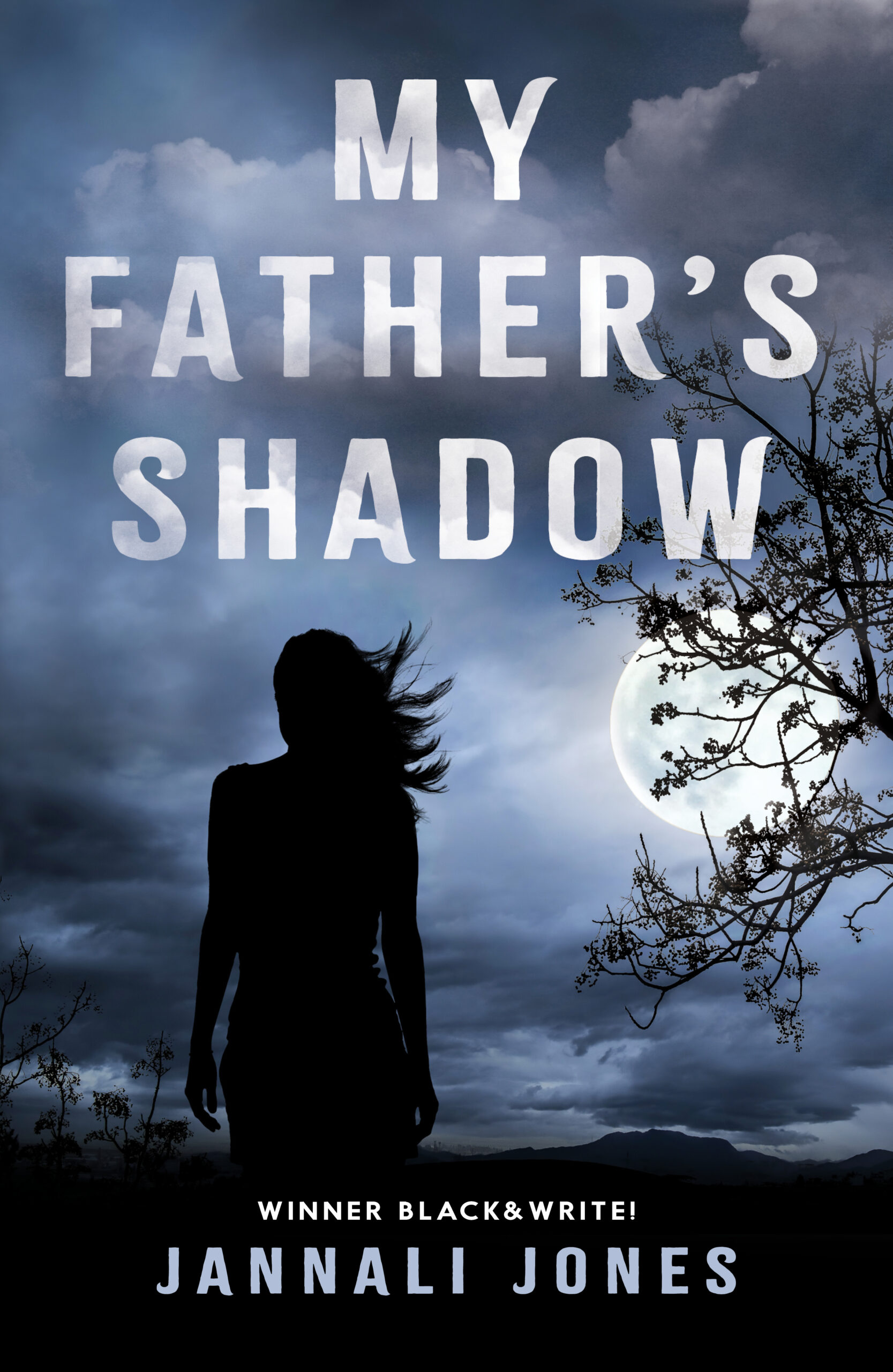
Jannali Jones is a Krowathunkoolong woman of the Gunai nation. She is the author of ‘My Father’s Shadow’, published by Magabala Books. Jannali holds a Master of Arts in Creative Writing from the University of Technology, Sydney. She was the winner of the 2015 black&write! Indigenous Writing Fellowship and in 2013 was an inaugural recipient of Magabala’s Australian Indigenous Creator Scholarship. Her short stories and poetry have been published in Australia and overseas, including in ‘Overland’, ‘Southerly’, ‘The Review of Australian Fiction’ and ‘Westerly’. She is interviewed here by Jane Harrison, an award-winning playwright and author who is descended from the Muruwari people.
Can you tell us the gist of ‘My Father’s Shadow’, for those who haven’t read it yet?
It’s about a teenage girl who is in hiding in the Blue Mountains, just outside Sydney. Her father found out about criminal activity at his work, and when he became a whistle blower the criminals came after him. Tragically, he was killed. So Kaya is in hiding with her mum and she’s trying to recover memories linked to the crime so she can testify in court and get justice for her father.
In terms of your characters, they are refreshingly diverse – Kaya is a young Aboriginal girl, her new Korean friend, her Aboriginal Nan, the matriarch, while the parent she is closest to is Non-Indigenous. Why is it important to you to write diverse characters?
Living in Sydney – that is my every day. I’m surrounded by all different cultures and backgrounds and ethnicities. It’s reflective of how I live, and our society. A lot of my friends are multicultural. They go home, speak a different language. As well, I wanted to write about people who reflected my own Aboriginal identity as part of an urban community. Most Aboriginal people live in cities, so I wanted to provide that perspective.
You have been published in some highly regarded journals as well. Was this part of your plan towards writing a full-length novel?
I’m always writing full-length manuscripts, and, on the side, I would do short stories and poetry. I wanted to be taken seriously as a writer, as someone building a career as a writer, and building my profile. It was part of getting my name out there. It has helped with networking, but not sure that it is necessarily a step to becoming a published novelist. Over the years I have taken a great joy in get published.
‘My Father’s Shadow’ was not my first completed novel. I wrote one in 2009 as part of NaNoWriMo, National Novel Writing Month. That program is all self-regulating – 1,667 words a day – but it’s about the discipline of writing every day. It’s like that 10,000 hours idea – you get better with practice, practice, practice. Doing an MA in Creative Writing was a real help too. It taught me how to read more widely. One of the major things it taught me was how to accept feedback and criticism. How to accept some feedback comfortably, and reject other feedback, but without taking it personally. I’ve definitely improved over the years. My early writing was so cringey! For me, it’s important to improve yourself. You might think – oh, they are not getting it, but if someone’s not getting it, then maybe you aren’t doing your job as a writer, in conveying what you are trying to put across.
What’s your advice to young would-be authors?
For me, it’s better to write something that might not be that good, and then edit it later, than to write nothing at all because you are trying to craft the perfect sentence or paragraph. A page is better than a sentence – I keep pushing myself through. Editing always takes way more than the writing. That’s where the real crafting comes in.
Speaking of a perfect sentence, is there one that gives us a hint of the mood of the book?
“You strike me as someone who’s used to keeping secrets, Kaya.”

